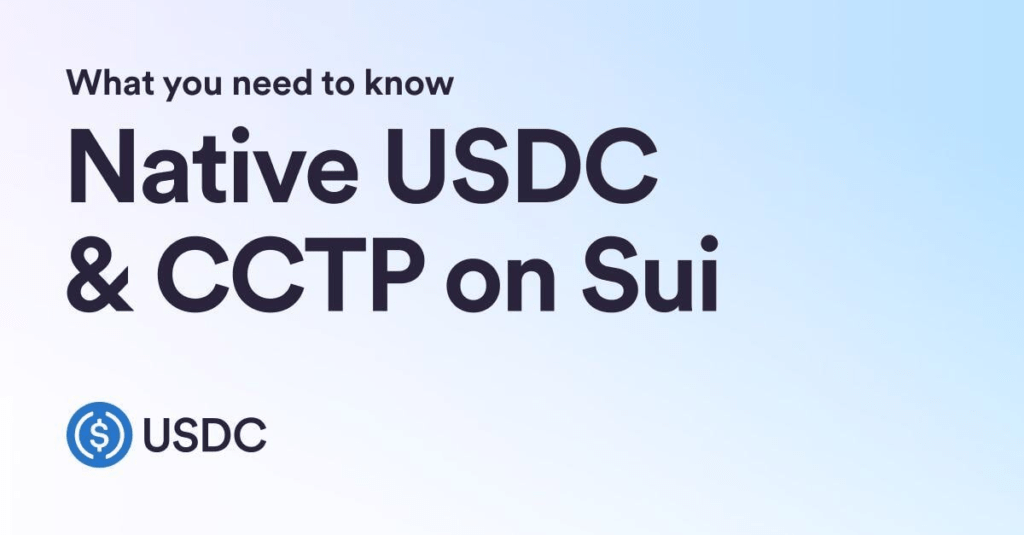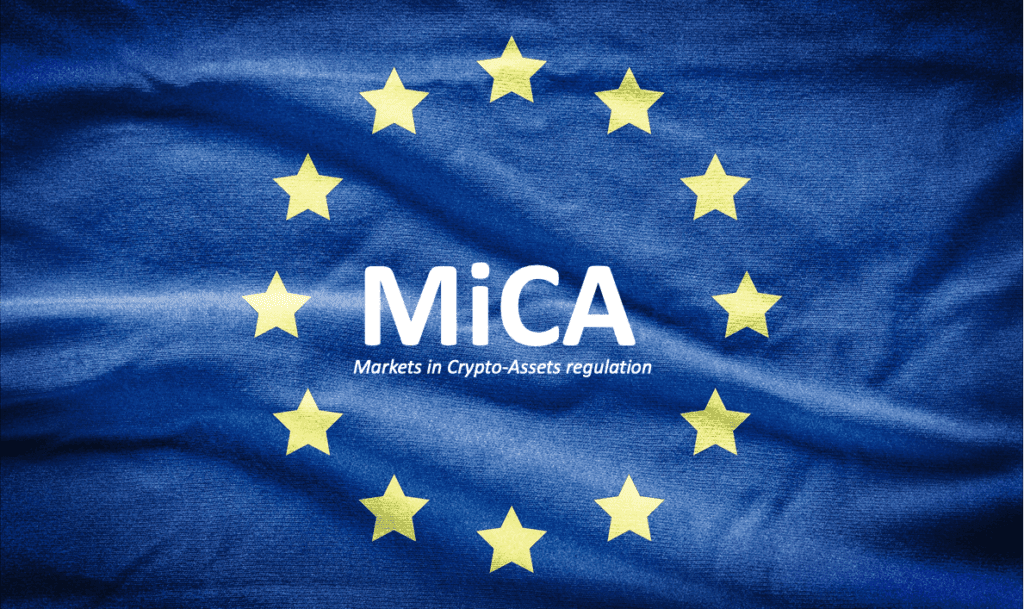

The world of digital finance is witnessing a significant boost as Standard Chartered, a leading global bank, collaborates with Paxos to bring stablecoin services to international markets. This partnership aims to offer cash management, trading, and custody services for Paxos-issued stablecoins outside the United States.
With USDL ($54 million) launched in Abu Dhabi and USDG ($29 million) in Singapore, Standard Chartered and Paxos are making notable strides toward expanding the adoption and usability of stablecoins in global markets.
What Are Stablecoins, and Why Are They Important?
Stablecoins are a type of digital asset designed to maintain a stable value by pegging to a reserve asset, such as the US dollar or euro. Unlike other cryptocurrencies, stablecoins provide the benefits of blockchain technology without the extreme volatility often associated with the crypto market.
They are widely used for payments, and remittances, and as a tool for businesses seeking to optimize liquidity management and cross-border transactions. By offering more predictable value, stablecoins bridge the gap between traditional finance and digital assets, making them a crucial part of the growing financial ecosystem.
The Standard Chartered-Paxos Partnership
Standard Chartered’s decision to offer stablecoin services marks a significant step in bridging traditional banking with blockchain technology. Here’s what the partnership includes:
- Cash Management: Businesses and institutions can seamlessly manage their funds using stablecoins, simplifying liquidity management across borders.
- Trading Services: Clients can trade Paxos-issued stablecoins efficiently, benefiting from lower transaction costs and faster settlement times.
- Custody Services: Standard Chartered provides secure storage solutions for stablecoin assets, ensuring compliance with international standards.
By targeting markets outside the United States, the bank is focusing on regions where regulatory frameworks are conducive to stablecoin innovation.
Why Abu Dhabi and Singapore?
The launch of USDL in Abu Dhabi and USDG in Singapore highlights the strategic importance of these financial hubs.
- Abu Dhabi: Known for its progressive approach to blockchain and digital assets, Abu Dhabi provides a regulatory environment that fosters innovation. USDL’s $54 million launch in the region reflects strong demand for stablecoin services.
- Singapore: As a global fintech leader, Singapore offers a robust ecosystem for blockchain projects. USDG’s $29 million rollout demonstrates the growing adoption of stablecoins in Asia.
These regions serve as pivotal points for expanding stablecoin adoption globally, supported by the strong infrastructure and forward-looking regulations of both markets.
The Role of Paxos in Stablecoin Development
Paxos, a regulated blockchain infrastructure platform, is the issuer behind USDL and USDG. The company has been at the forefront of stablecoin innovation, emphasizing transparency and trust.
Each Paxos stablecoin is backed by equivalent reserves, ensuring that users can redeem their holdings 1:1 for fiat currency. This level of transparency and regulatory compliance makes Paxos-issued stablecoins a preferred choice for institutional players like Standard Chartered.
What This Means for Global Finance
The partnership between Standard Chartered and Paxos represents a significant milestone for global finance. Here’s why:
- Enhanced Cross-Border Payments: Stablecoins eliminate the inefficiencies of traditional banking systems, enabling near-instant and cost-effective cross-border transactions.
- Increased Institutional Adoption: Standard Chartered’s involvement signals growing confidence among traditional financial institutions in blockchain-based assets.
- Regulatory Compliance: By operating in regulated environments, the partnership ensures that stablecoin use adheres to international financial standards, bolstering trust and security.
This move also underscores the shift toward a more interconnected financial ecosystem where traditional banks and blockchain innovators collaborate to deliver better services.
Challenges and the Road Ahead
Despite the optimism, stablecoins face challenges, including regulatory scrutiny, market volatility, and technological risks. Ensuring compliance with international standards and addressing concerns around transparency will be crucial for sustaining adoption.
However, partnerships like this demonstrate how collaboration between traditional and digital finance can overcome these hurdles. By leveraging Paxos’ expertise and Standard Chartered’s global reach, the duo is well-positioned to shape the future of digital finance.
A Leap Toward Financial Innovation
Standard Chartered’s partnership with Paxos is more than a business move—it’s a step toward reimagining how global finance operates. By integrating stablecoins into mainstream financial services, they are driving adoption and setting new standards for transparency and efficiency in digital assets.
This collaboration not only bridges the gap between traditional banking and blockchain technology but also opens the door to a more inclusive and efficient financial ecosystem.
FAQs
1. Why did Standard Chartered choose to partner with Paxos?
Standard Chartered partnered with Paxos because of Paxos’ expertise in stablecoin issuance and its commitment to regulatory compliance. This collaboration aligns with the bank’s strategy to integrate blockchain-based financial services into global markets.
2. What makes USDL and USDG unique?
USDL and USDG are Paxos-issued stablecoins backed 1:1 by reserves, ensuring their value remains stable and redeemable for fiat currency. Their launch in regulated markets like Abu Dhabi and Singapore enhances their credibility and adoption.
3. How will this partnership benefit global finance?
The partnership streamlines cross-border payments, enhances liquidity management, and promotes institutional adoption of stablecoins. It sets a benchmark for collaboration between traditional banks and blockchain innovators.











